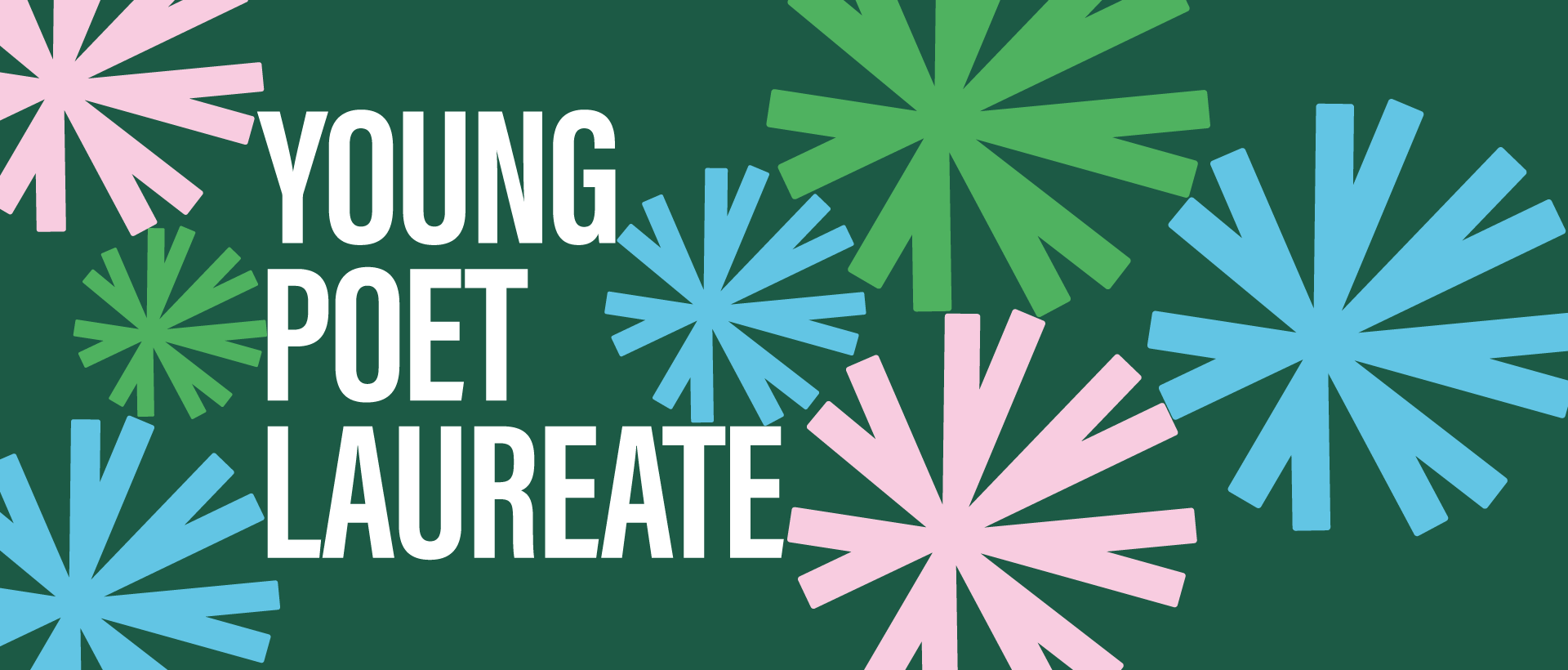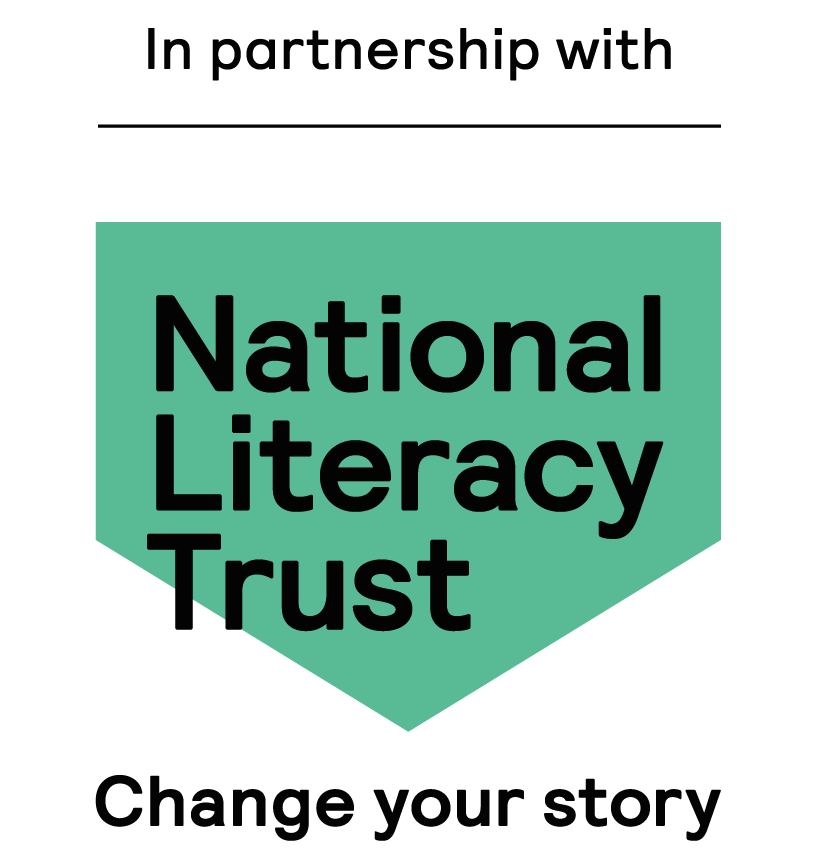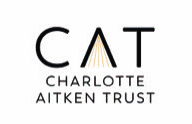National Poetry Centre launches Young Poet Laureate Programme

Young Poet Laureate Programme
The Young Poet Laureate programme aims to inspire a new generation of young poets.- Championing young poetic voices
- Celebrating poetry as an accessible, diverse and powerful form of expression
- Raising the profile of poetry in schools
- Developing children and young people’s literacy, creativity and confidence
- For children and young people aged 7-14 (KS2-KS3)
Our goal is to create a national movement of young poets that will raise the profile of poetry, engage diverse audiences and empower young people to express themselves creatively.
What does the programme involve?
Young Poets Week: 24 to 28 November 2025
The programme kicks off with the first ever Young Poets Week during 24 to 28 November, featuring online workshops with our brilliant programme Ambassadors: Laura Mucha and Nikita Gill (with more to be announced soon).
Young Poets Week is a new, weeklong celebration of poets and poetry for KS2 and KS3 pupils, connecting teachers and young people to some of our most exciting and best loved poets, to explore, read, write and perform poetry together.
Schools will have access to an inspirational toolkit of classroom materials developed by our expert team of resource writers based on our ethos of ‘everyone is a poet’.
Celebrate and explore poetry in all its exciting forms – from rhyming couplets to rap, sonnets to spoken word!
Key dates for the diary
30 September 4-4.30pm – Online teacher information session and Q&A about the programme
24 to 28 November 2025 – Young Poets Week and launch of the Young Poet Laureate application process
19 January 2026 – Deadline for Young Poet Laureate submissions
March 2026 – Shortlist announcement
20 April to 8 May – Regional masterclasses and judging panels for shortlisted young poets
June 2026 – Announcement and appointing of the 12 Young Poets Laureate
June 2026 to June 2027 – Laureateship: Mentoring programme, publication of anthology, events and celebrations
What’s the impact / why is this important?
The latest writing research from the National Literacy Trust for 2025 reveals that the downward trend in the number of children and young people writing for pleasure in the UK continues. Only 1 in 4 (26.6%) young people aged 8 to 18 say they enjoy writing in their free time. Daily writing habits have similarly declined, with just 1 in 10 (10.4%) writing something in their free time each day.
But the report also offers hopeful insights into how we might re-engage children and young people in writing for pleasure by looking at their motivations for writing. Even those children who don’t enjoy writing told us they would be motivated to write if they were able to choose their own topics, select their writing style, respond to inspiring prompts and draw inspiration from memorable experiences they wanted to share. This is exactly what we aim to achieve through the Young Poet Laureate programme, centring children and young people’s voices and experiences, choice and freedom of expression.
Furthermore, in 2024 the National Literacy Trust published research that revealed the significant benefits poetry can have on children’s mental wellbeing, confidence, aptitude for learning and their ability to develop empathy. Only 1 in 2 (48.8%) of 8 to 16 year olds are currently consuming or creating poetry in any form, meaning that over half of children and young people are missing out on these vital benefits. The Young Poet Laureate programme is a tailored solution-based offer to change children and young people’s perception of poetry, to address their diverse interests and to offer low-stakes opportunities to enjoy poetry.
“Poetry makes people feel welcomed and important” (Boy, year 8)
“Total freedom to explore thoughts and feelings without rules!” (girl, year 6)
“I think poetry is a way to capture a moment in time/a feeling freely, without being restricted by rules/boundaries you have to follow like in creative writing. It takes into account the sound of the words and the images they create in your mind, finding a regular beat or being deliberately higgledy-piggledy.” (Girl, Year 9)
“I think poetry is using description to speak about things in a way that relates to people’s souls, it goes deeper and explores things in a way that makes me feel connected to the words and the emotions being portrayed.” (Girl, Year 10)
“I believe poetry is a way to express a feeling which cannot be held in any other writing – it helps me get a better understanding of what my ideas can take me to in just a few sentences and words.” (Girl, Year 9)
“Poetry is something where one quiet voice can become a loud voice and can be heard and motivate someone in many ways.” (Boy, Year 10)
Our Partner
About the National Literacy Trust
The National Literacy Trust is an independent charity that empowers children, young people and adults with the literacy skills they need to succeed. Reading, writing, speaking and listening skills give you the tools to get the most out of life, and the power to shape your future. For over 30 years the National Literacy Trust has continued to support schools, families and communities on a local and national level to help people change their stories.
Supporters:
We are grateful to support from Arts Council England, West Yorkshire Combined Authority and the Charlotte Aitken Trust






